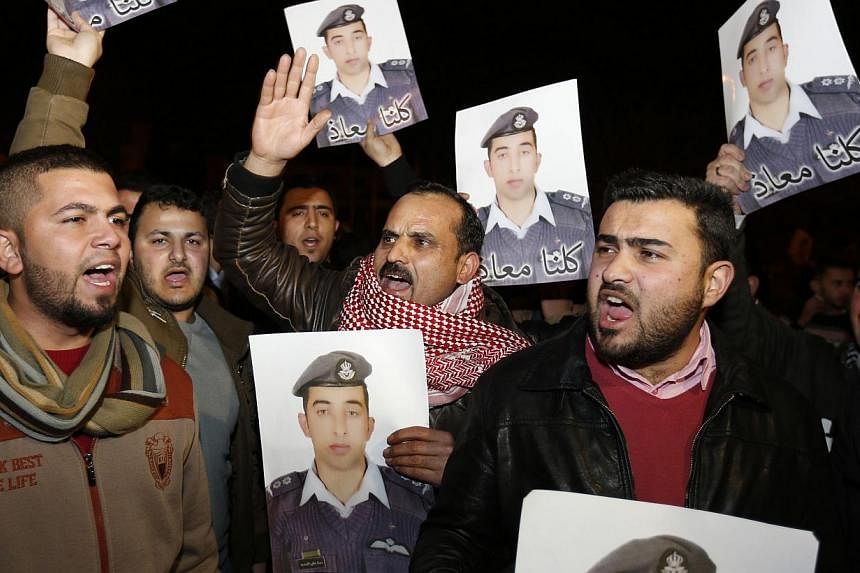If you read the online versions of newspaper columns, you can click over to the reader comments, which are often critical, vituperative and insulting.
I've found that I can deal with these comments only by following the adage, "Love your enemy". It's too psychologically damaging to read these comments as evaluations of my intelligence, morals or professional skill. But if I read them with the (possibly delusional) attitude that these are treasured friends bringing me lovely gifts of perspective, then my eye slides over the insults and I can usually learn something.
The key is to get the question of my self-worth out of the way - which is actually possible unless the insulter is really creative.
It's not only newspaper columnists who face this kind of problem. Everybody who is on the Internet is subject to insult, trolling, hating and cruelty. Most of these online assaults are dominance plays. They are attempts by the insulter to assert his or her own superior status through displays of gratuitous cruelty towards a target.
The natural but worst way to respond is to enter into the logic of this status contest. If he puffs himself up, you puff yourself up. But if you do this, you put yourself and your own status at centre stage. You enter a cycle of keyboard vengeance. You end up with a painfully distended ego, forever in danger, needing to assert itself, and sensitive to slights.
Clearly, the best way to respond is to step out of the game. It's to get out of the status competition. Enmity is a nasty frame of mind. Pride is painful. The person who can quiet the self can see the world clearly, can learn the subject and master the situation.
Historically, we reserve special admiration for those who can quiet the self even in the heat of conflict. Abraham Lincoln was caught in the middle of a horrific civil war. It would have been natural for him to live with his instincts aflame - filled with indignation towards those who started the war, enmity towards those who killed his men and who would end up killing him. But his second inaugural is a masterpiece of rising above the natural urge towards animosity and instead adopting an elevated stance.
The terror theatre that the Islamic State in Iraq and Syria (ISIS) group is perpetrating these days is certainly in a different category than Internet nastiness. But the beheadings, this monstrous act of human incineration, are also insults designed to generate a visceral response.
They are a different kind of play of dominance. They are attempts by insignificant men to get the world to recognise their power and status. These ISIS guys burn hostages alive because it wins praise from their colleagues, because it earns attention and because it wins the sort of perverse respect that accompanies fear.
We often say that terrorism is an act of war, but that's wrong. Terrorism is an act of taunting. These murderous videos are attempts to make the rest of us feel powerless, at once undone by fear and addled by disgust.
The natural and worst way to respond is with the soul inflamed. If they execute one of our guys, we'll - as Jordan did - execute two of their guys. If they chest-thump, we'll chest-thump. If they kill, we'll kill.
This sort of strategy is just a recruiting tool for the ISIS. It sucks us into their nihilistic status war: Their barbarism and our response. The world is full of invisible young men yearning to feel significant, who would love to shock the world and light folks on fire in an epic status contest with the reigning powers.
The best way to respond is to quiet our disgust and quiet our instincts. It is to step out of their game. It is to reassert the primacy of our game. The world's mission in the Middle East is not to defeat the ISIS, which is just a barbaric roadblock. It is to reassert the primacy of pluralism, freedom and democracy. It is to tamp down zeal and cultivate self-doubt. The world has to destroy the ISIS with hard power, but only as a means to that higher moral end.
Many people have lost faith in that democratic mission but, without that mission, we're just one more army in a contest of barbarism. Our acts are nothing but volleys in a status war.
In this column, I've tried to describe the interplay of conflict and ego, in arenas that are trivial (the comments section) and in arenas that are monstrous (the war against the ISIS). In all cases, conflict inflames the ego, distorts it and degrades it.
The people we admire break that chain. They quiet the self and step outside the status war. They focus on the larger mission. They reject the puerile logic of honour codes and status rivalries, and enter a more civilised logic that doesn't turn us into our enemies.
NEW YORK TIMES

